Heavy Rain was a huge deal when it launched in 2010. Quantic Dream’s PS3 exclusive was unlike anything mainstream audiences had seen before, morphing the gameplay formula of weird gems like Indigo Prophecy into an approachable series of quick-time events and small levels where dramatic storytelling was always at the forefront. As a teenager with no media literacy, it was one of the coolest games I’d ever played. But with the game celebrating its 15th anniversary in recent days, it’s a good time to look back at what it did right, and what it did so very wrong.
Back in 2010, video games had yet to enter the era of narrative prestige we’re still in today. Outside of role-playing games, narrative was frequently second fiddle to game mechanics and luscious visuals, essentially a backdrop that could be cared about or ignored depending on your preferences. Heavy Rain presented an ambition to not only combine the two, but make its story and characters the main focus while painting them as something real. It felt artsy, significant, dramatic, and willing to take risks that no other game had done at the time.
Heavy Rain Is a Strange Yet Beautiful Product Of Its Time
And this innovation was clear to see in positive reviews from critics and high sales from an audience who, at the time, didn’t know just how much more complex games would get. Video games hadn’t evolved to tell the more complicated stories we now see in blockbusters, and this was an experience that claimed that its story and characters were nuanced, complicated, and willing to ask very big questions.
I was certainly pulled in when I played it for the first time, willingly putting aside dead children with French accents and laughable twists and turns that I should have seen coming a mile away. Yet it still worked — for me and millions of others, if the reception was any indication.
The game was praised for its gritty realness and emotional subtlety, boons that were carried by an element of photorealism that Quantic Dream was able to make possible with motion capture that, at the time, only Naughty Dog managed to equal. When Ethan Mars has his life turned upside down and goes to the ends of the earth to save his children, you really feel for him.
It is devastating to stumble upon a bad ending or make a poor decision only to watch as your story takes a turn for the worst. I still remember cowering behind the controller when you’re forced to cut your thumb off to appease the Origami Killer. Sneaking into a nightclub while playing as Madison Paige or dealing with addiction as troubled detective Norman Jayden each brought with them consequences that felt real.
Our decisions mattered, an element of Quantic Dream’s games I can’t help but give them credit for. The number of endings is still a sight to behold. Especially if said ending has Madison Paige begging Ethan Mars to make her pregnant while crying at his son’s freshly dug grave. Yes, that’s a thing that happens.
You also stepped into the shoes of Detective Scott Shelby, a man who claimed he would do anything to catch the Origami Killer and bring him to justice. But in an infamous twist, it turns out he has been the killer the entire time. One unexpected scene has you burning all the evidence you’d gathered until that point, recontextualizing all the people you rescued, friendships you’ve made, and characters you’ve met into a single sinister plot to save your own skin. Except, when you bother to examine the story even a little more closely, none of it makes sense.
Ethan Mars experiences frequent blackouts throughout the story, waking up to find paper origami figures in his hands that hint at him being the killer, not Shelby. None of this is ever explained.
There are so many moments in Heavy Rain that felt like the most impressive thing I’d ever seen in a video game back in 2010, but in hindsight most of them are embarrassing. It was a desperate attempt to imitate film noir while incorporating the most generic and clichéd beats into an experience that was nothing more than a series of quick-time events.
But as a product of its time, Heavy Rain is still impressive, and represents an important milestone in gaming history we would come to learn from. It’s quite fitting then that the two games that followed would be criticised far more as the medium matured and players began to realise exactly how stories could be told in the blockbuster space. The answer: a lot better than this.
Quantic Dream’s Gameplay Formula Has Long Been Left Behind
Beyond: Two Souls, which starred Elliot Page and Willem Dafoe, was not nearly the critical darling Heavy Rain was several years earlier. For starters, it told a non-linear story that was intended to be interpreted as smart and introspective, but in reality made no sense and forced players to struggle to piece everything together. This highlighted how dated the gameplay felt, how hokey the dialogue could be, and that director David Cage seemingly wasn’t able to tell a story that wasn’t defined by cliché. It was a visually spectacular yet ultimately mediocre title in which the actors involved did everything they could, but couldn’t salvage the material.
Detroit: Become Human is a much better game than Beyond: Two Souls, and when playing as characters like android Connor it can be a thrilling crime thriller with compelling characters and a sense of place that rivals the very best of modern science fiction. But it can never escape its clumsy writing and political messaging that is so forced and awkward that what Quantic has intended to be its most poignant moments are laughable. It looks and feels incredible, but it speaks to how we perceive blockbuster narrative that this presentation is given priority over everything else. David Cage, and, by proxy, Quantic Dream, are bad storytellers.
The studio is currently hard at work on Star Wars Eclipse, and time will tell whether its journey to a galaxy far, far away will advance its approach to gameplay and narrative or it will stick to its guns. I hope it’s the former, since the last thing anybody wants is Heavy Rain in space.
After 15 years, the most fascinating part about Heavy Rain is how the act of telling stories in video games has changed so much. Not just in triple-A blockbusters, but in far smaller indie projects and everything in between. There was a time when Quantic Dream’s way of doing things felt like the future, and now it couldn’t be more of a forgotten relic.
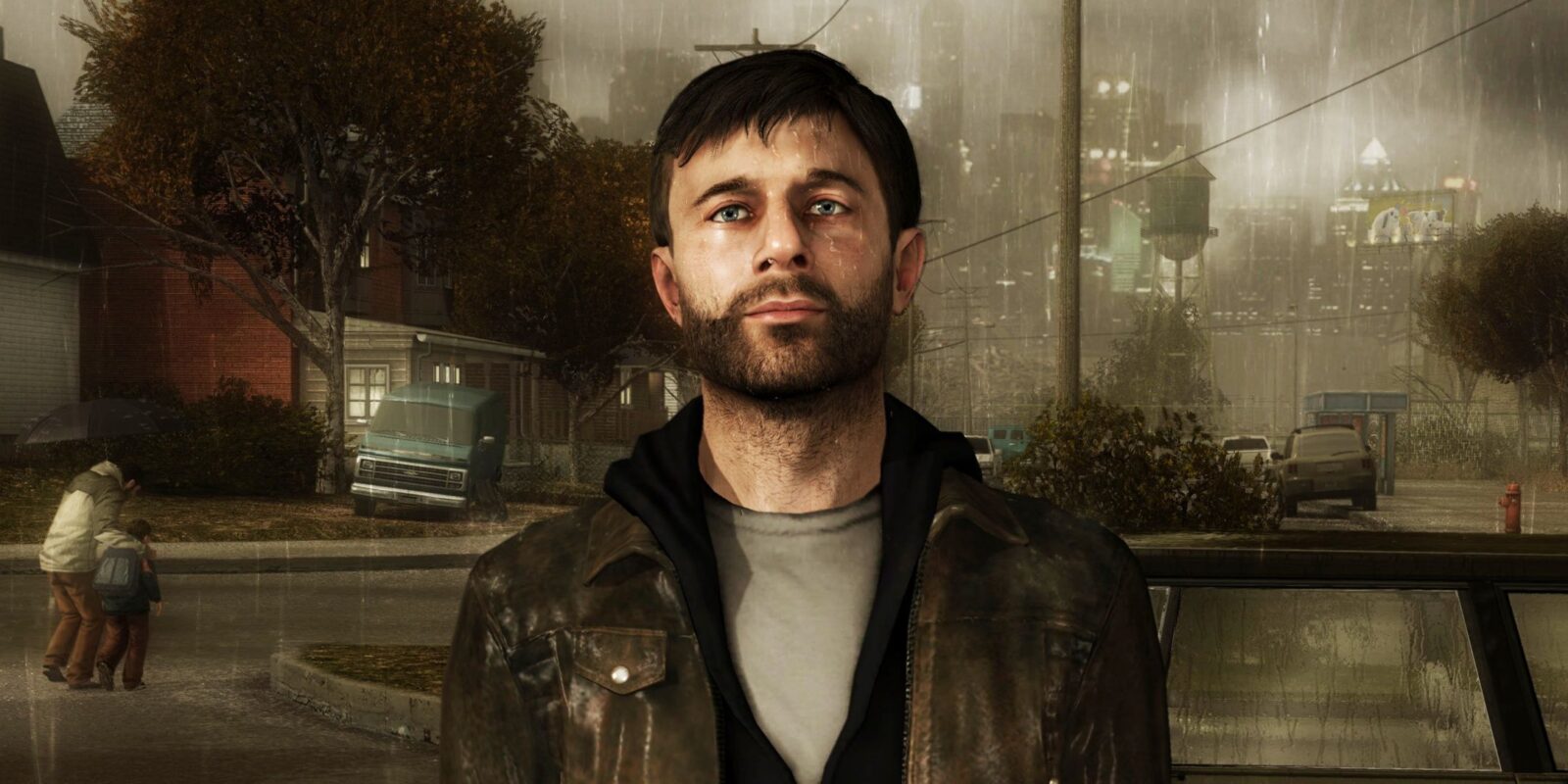

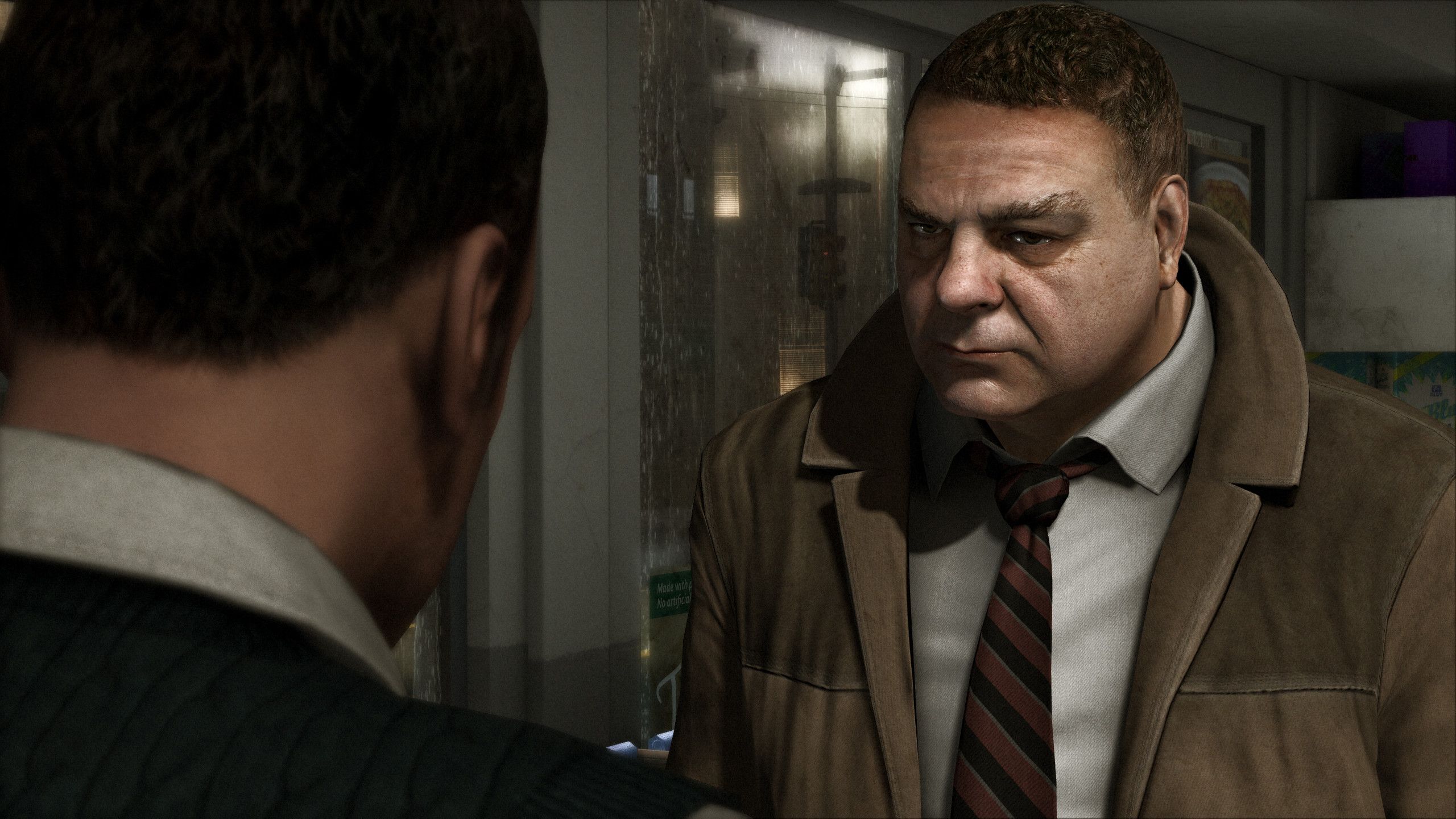
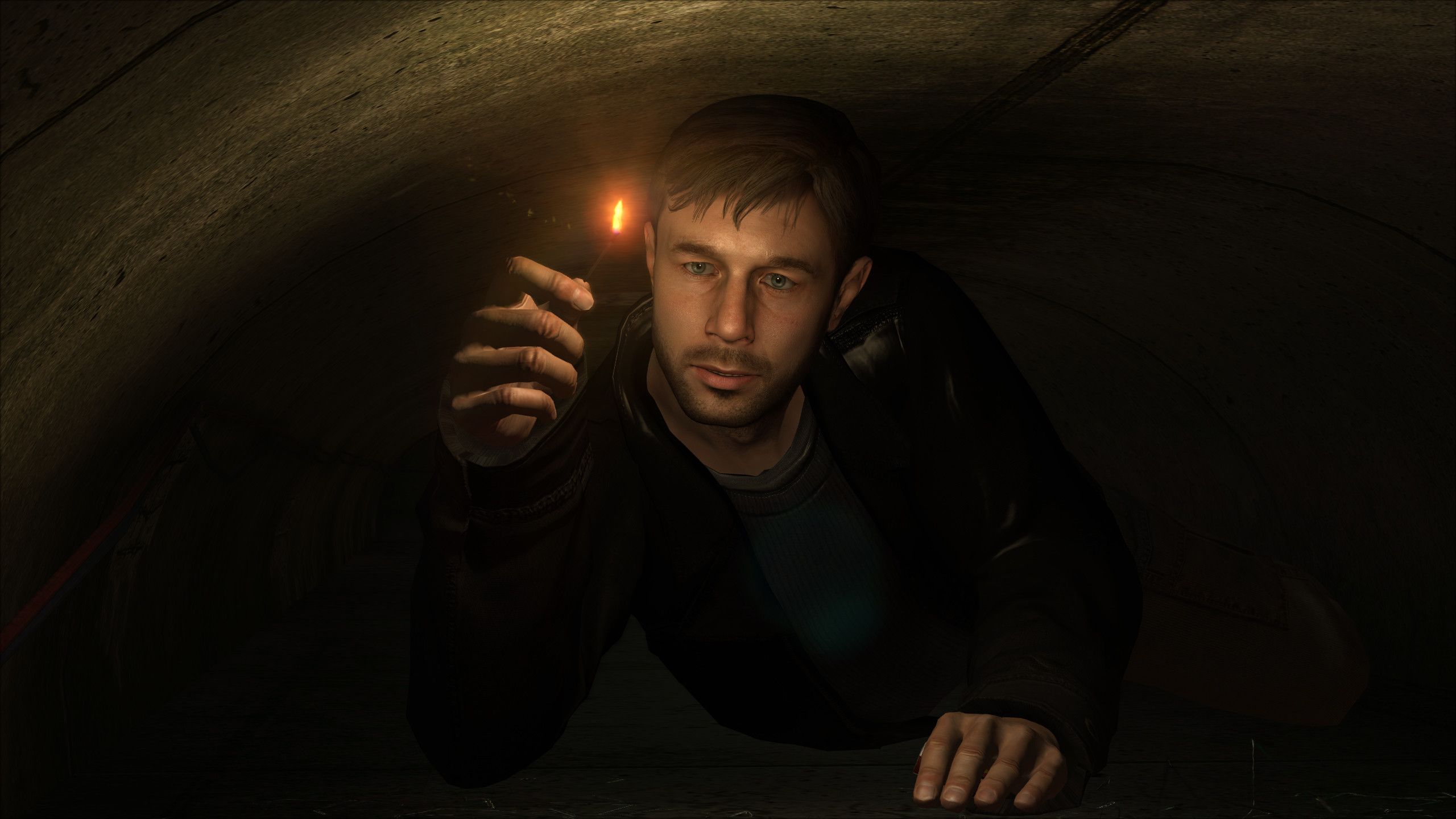
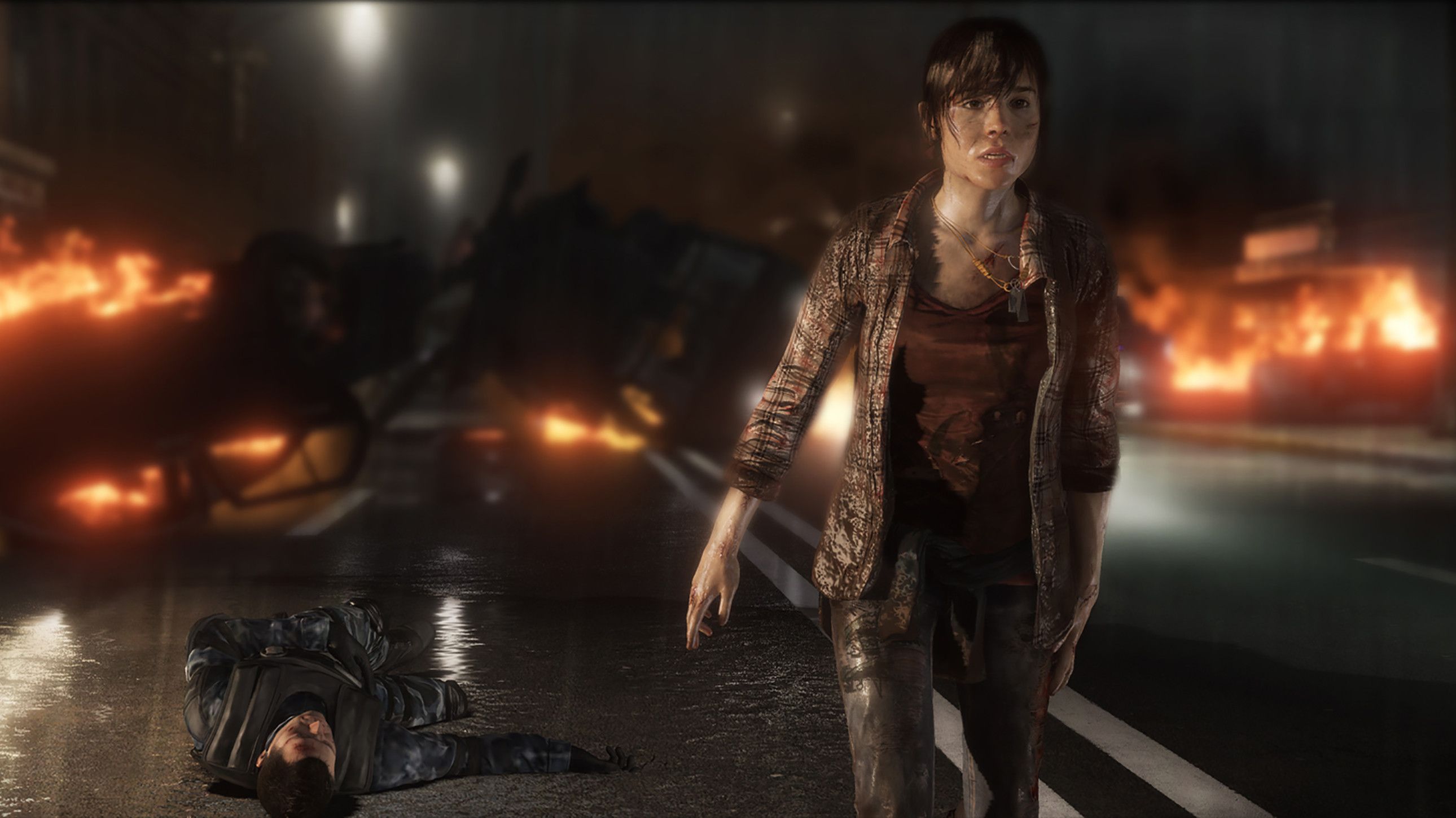
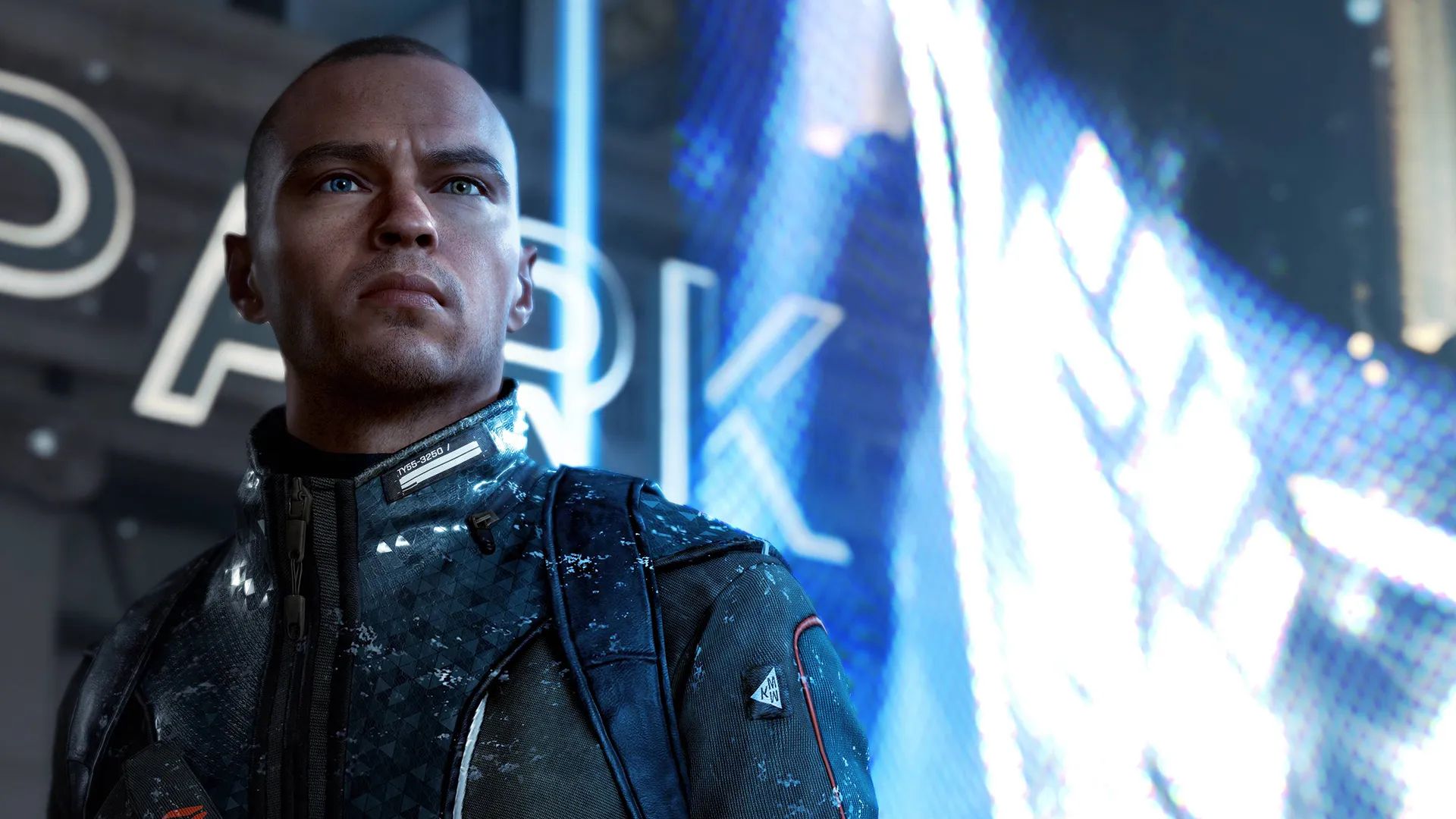









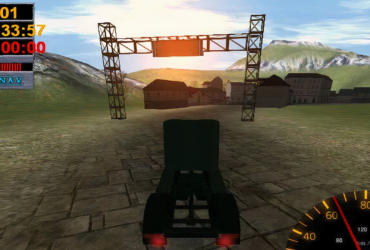
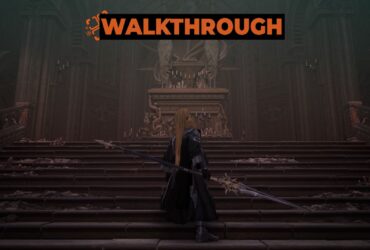


Leave a Reply